Kale belongs to a species of plants that are the same as broccoli or cabbage. Each vegetable is interesting regarding its health properties, but today, we would like to spotlight kale. The vegetable is green leaves, which can be eaten raw or cooked.
The leaves seem to be more or less crimson, and there is also purple kale. Kale is a very useful vegetable, and since it endures low temperatures, it has always been kept fresh during the winter period. It is cultivated all over the world.
Kale leaves are not one of people's favorite vegetables, but without a doubt, they are worth eating. Kale is used in a variety of places. It has a delicate and slightly spicy taste, but its characteristic is a slight bitterness. The plant is a frequent addition to soups, sauces, salads, and salads. It is worth adding to smoothies, vegetables, or fruit and vegetable shakes. Kale is a vegetable that is rich in a variety of nutrients. Therefore, it is worth introducing this vegetable to your diet to enjoy its therapeutic effects. However, we have recently seen interest in kale growing because it is often called a superfood.
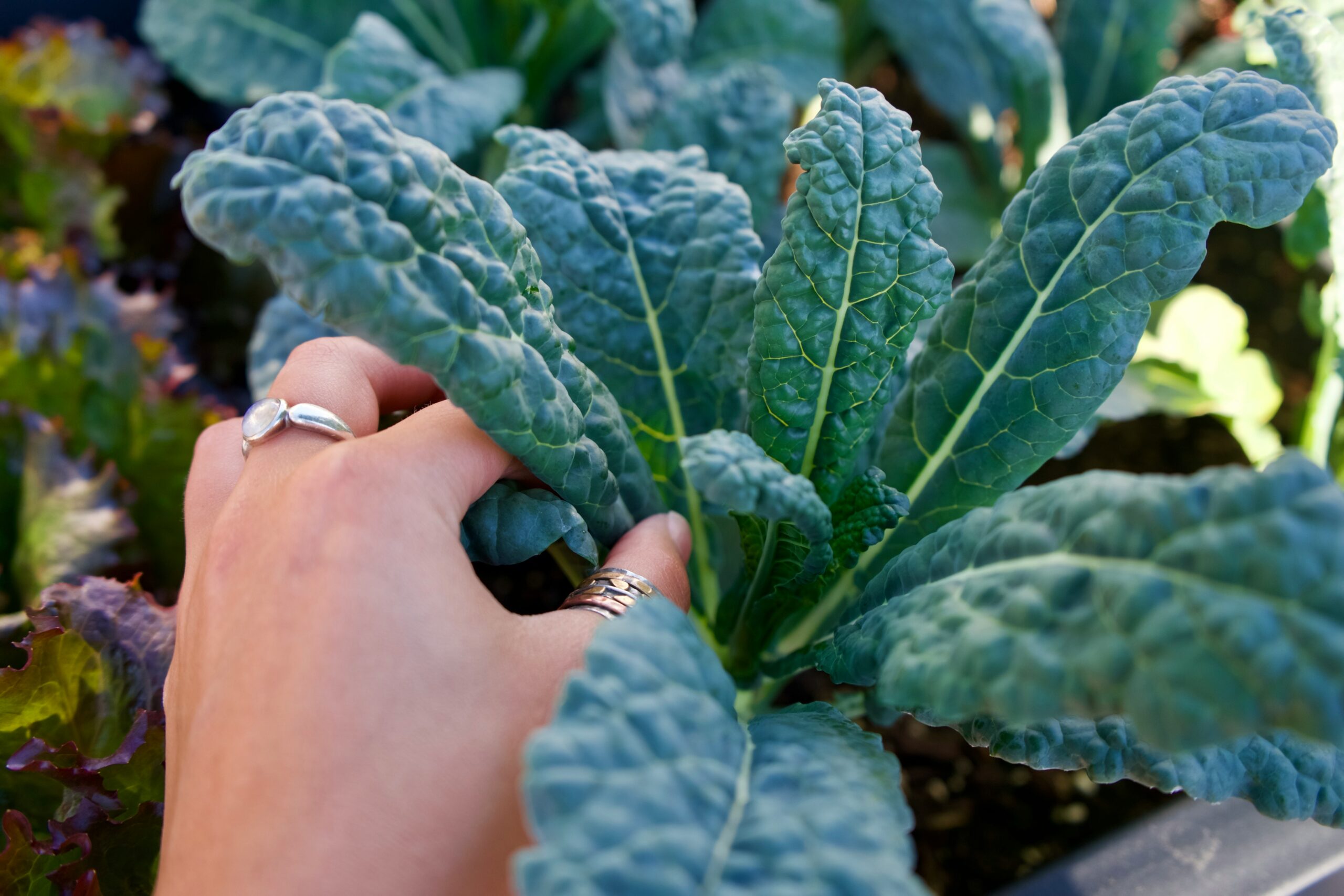
What compounds are responsible for the many benefits of kale? The nutritional properties of kale not only help the body from the inside but also improve our appearance. Thus, kale is an increasingly common ingredient in various cosmetics. However, we should be cautious when it comes to consuming this valuable plant, as there are contraindications to eating kale and side effects. In conclusion, it is always good to remember that we need to know more about this remarkable plant to take advantage of it in the best way.
Since I assume you are not sure why some people claim that kale is a great product, I will explain why so many people like it. Kale is a vegetable of the Brassica oleracea![]() species that has been used in traditional medicine to treat numerous diseases and conditions for many years.
species that has been used in traditional medicine to treat numerous diseases and conditions for many years.
Kale has also been delicious and potentially beneficial for people living in the Mediterranean for ages, and its popularity has significantly increased worldwide in the last few years. In the USA, people have celebrated Kale Day for quite some time, encouraging each other to enjoy the nutrient-dense leafy vegetable. It is also a popular crop with farmers because of its high resistance to climatic conditions, which is now a useful property.
Additionally, vegetables such as kale are of great interest to scientists because numerous epidemiological studies provide information to prove their health benefits. The phytochemistry and biological activity of the vegetable have been extensively studied and reviewed, and the results of these valuable studies will be discussed in this article.
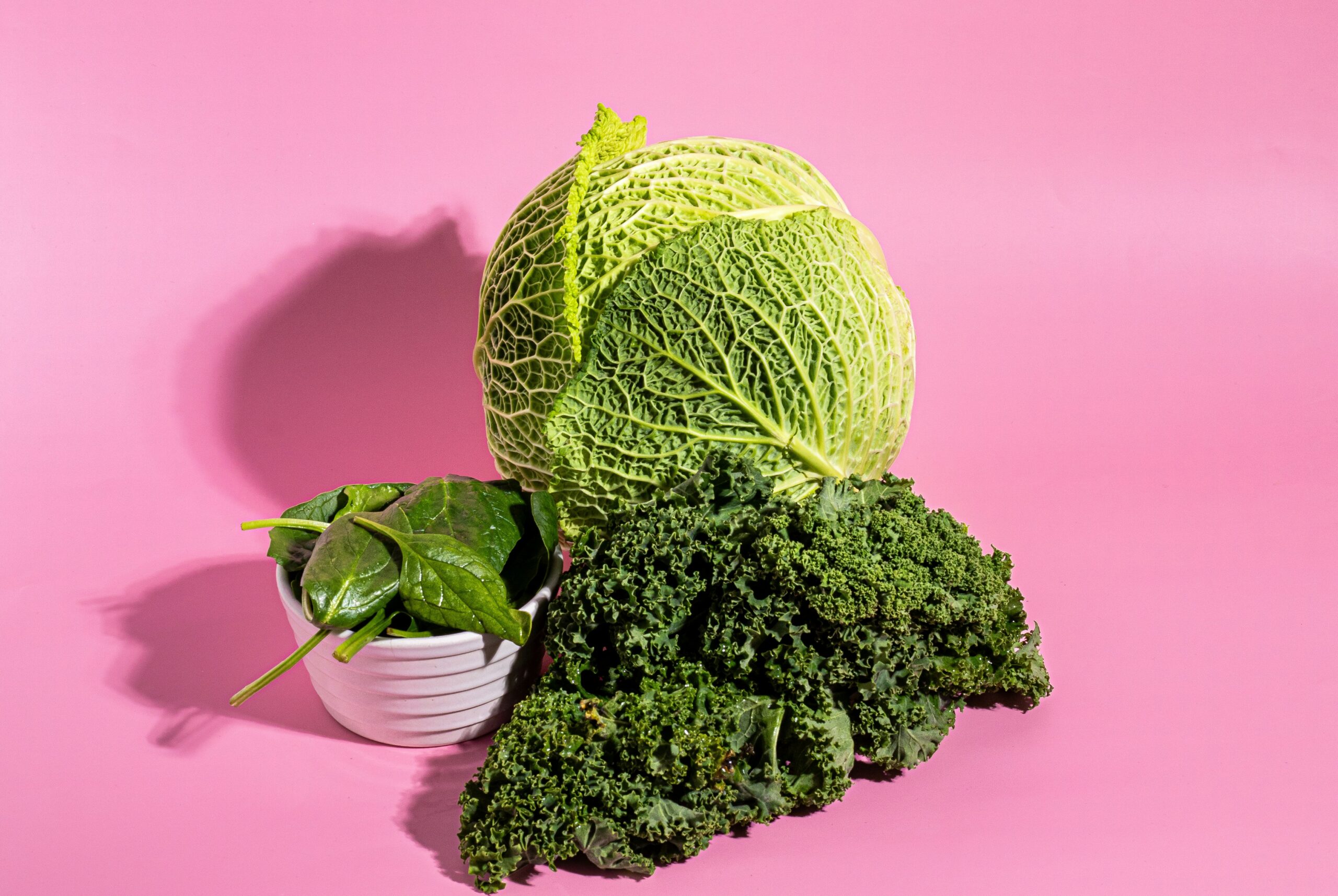
The antioxidant properties of kale leaves are produced from a good number of chemical compounds. Polyphenol is the main antioxidant component found in kale leaves, which is a remarkable component possessing high activity. Also, some vitamins present in kale leaves showed good antioxidant activity.
Do you know why antioxidant activity is significant for your health? Well, the age prevention process and other serious kinds of diseases mainly. If you eat kale leaves, you can prevent the worst kind of disease, chronic disease. Also, it is a vegetable with a strong antioxidant effect. Please proceed reading if you still feel like not walking in for ingestion.
Studies have indicated that cruciferous vegetables have anticancer potential. Thus, experts believe plants like kale are promising agents for cancer prevention. Cancer and other deadly diseases have troubled scientists for many decades. Despite the double amount of effort and results, medicine has no effective solutions for many cancers. Scientists and doctors pay much attention to the problem of healthy living and assume that food should be regarded as one of the most critical parts of the overall quality of the body's work.
Vegetables are essential parts of our diet. Kale is a great addition to many dishes, and the reason for that is amazing. Cabbage vegetables can decrease the risk of diseases, such as cancers of the reproductive system, among others. So people should believe experts' words that leaves of kale have high chemopreventive potential.
Need more reasons to acknowledge kale? Whether you have encountered other things that kale is good for, you may be curious to learn that this veggie is also good for the digestive system. After all, numerous people with digestive diseases are looking to enhance their digestive systems' well-being using many methods. Eating kale would be a perfect thing to do in this direction. When there was no medication, people in traditional medicine used it to cure gastrointestinal problems as an anti-ulcer agent.
When natural products are growing in demand again, they make a perfect natural tool against stomach ulcers![]() . Moreover, it is known to have an anti-ulcer effect: the vegetable displays the mechanisms of protecting the gastric mucosa, thus helping the stomach avoid irritation. Since most irritations that develop into full-fledged stomach ulcers are caused by bacterial viruses, such as H. pylori
. Moreover, it is known to have an anti-ulcer effect: the vegetable displays the mechanisms of protecting the gastric mucosa, thus helping the stomach avoid irritation. Since most irritations that develop into full-fledged stomach ulcers are caused by bacterial viruses, such as H. pylori![]() , kale is a potent tool to help the body protect itself from such diseases.
, kale is a potent tool to help the body protect itself from such diseases.
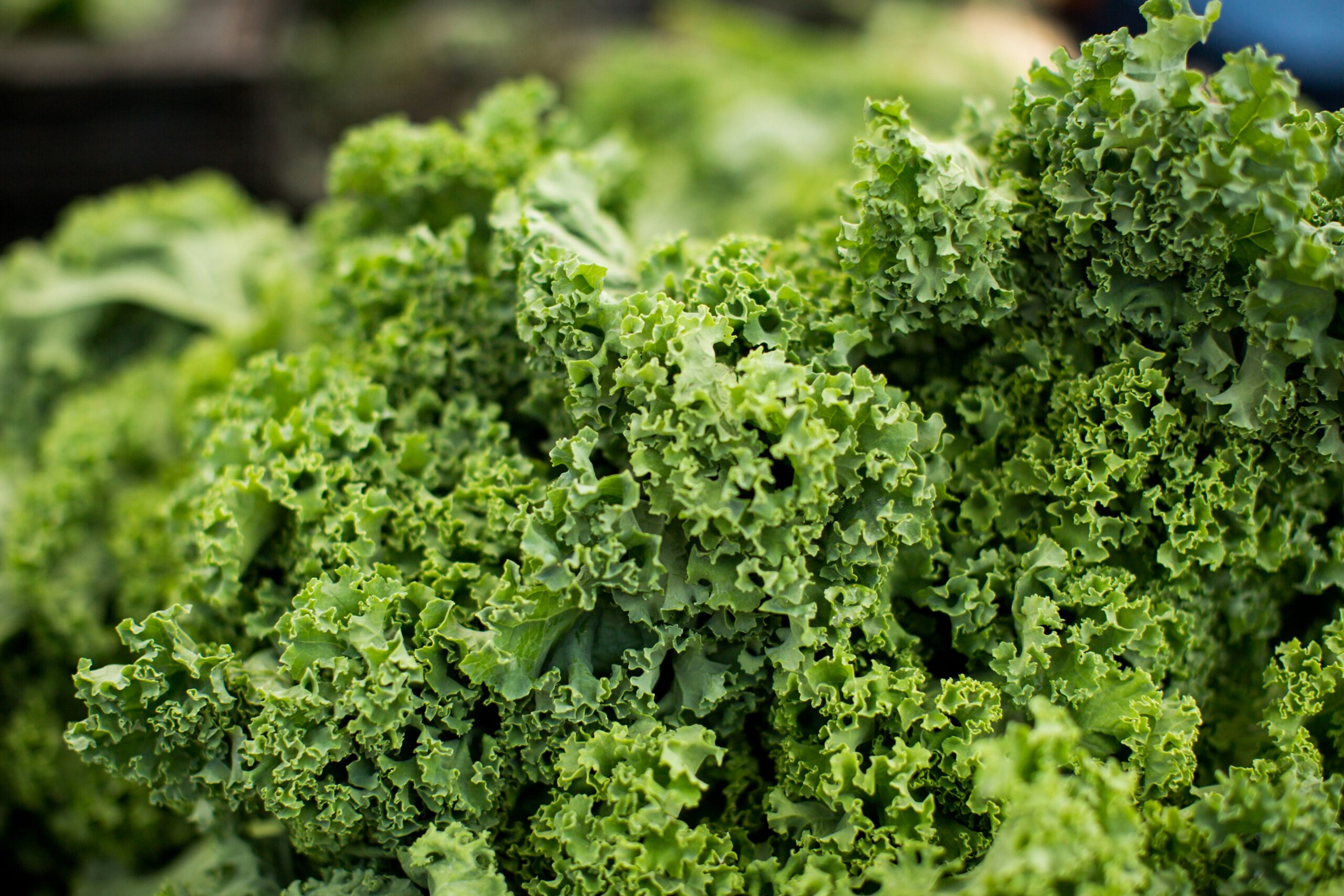
One more useful property of kale is its activity against different strains of bacteria. In the previous paragraph, we wrote that kale can be useful against stomach ulcers that are often bacterial. With various inflammatory bowel conditions, this leafy vegetable can also produce some good effects. Kale shows activity against causative agents such as staphylococci![]() and streptococci
and streptococci![]() . These two causative agents cause all sorts of infections accompanied by unpleasant symptoms. Kale can both protect a person from these diseases and help eliminate symptoms. Thus, let's enhance your protection from harmful bacteria by eating kale.
. These two causative agents cause all sorts of infections accompanied by unpleasant symptoms. Kale can both protect a person from these diseases and help eliminate symptoms. Thus, let's enhance your protection from harmful bacteria by eating kale.
The third feature important when discussing the benefits of kale is its beneficial impact on the gut flora. Numerous scientists emphasize that healthy microflora![]() in the gut is critical for overall health. It is closely related to immunity and the ability to withstand a disease. Thus, it emphasizes the importance of adequate nutrition, including kale, in the diet.
in the gut is critical for overall health. It is closely related to immunity and the ability to withstand a disease. Thus, it emphasizes the importance of adequate nutrition, including kale, in the diet.
Several studies have observed that vegetables can modulate bacterial flora, preserving balance. As such, the presence of kale in one's diet prevents the growth of aggressive bacteria in the organism since the content of good protective bacteria increases.
Moreover, a diet rich in prebiotic products like kale boosts gut microbial diversity and stimulates the immune system. Prebiotic foods also facilitate a better absorption rate of nutrients and lower excessive blood glucose and cholesterol levels. Consequently, kale consumption offers numerous benefits.
The chemical compounds in kale also positively affect cardiovascular function. Cabbage vegetables contribute to heart health by reducing unhealthy cholesterol. Furthermore, this vegetable's antioxidant properties are very useful, protecting the body against many diseases, including those responsible for issues in the cardiovascular system.
Research proves that cooked kale decreases the chances of getting any possible heart disease or cancer. In the section between the two points, kale affected the patient, and their decreased chances of getting are responsible for many different lethal results. In other words, eating this type of cabbage improves your lipid profile and raises protection.
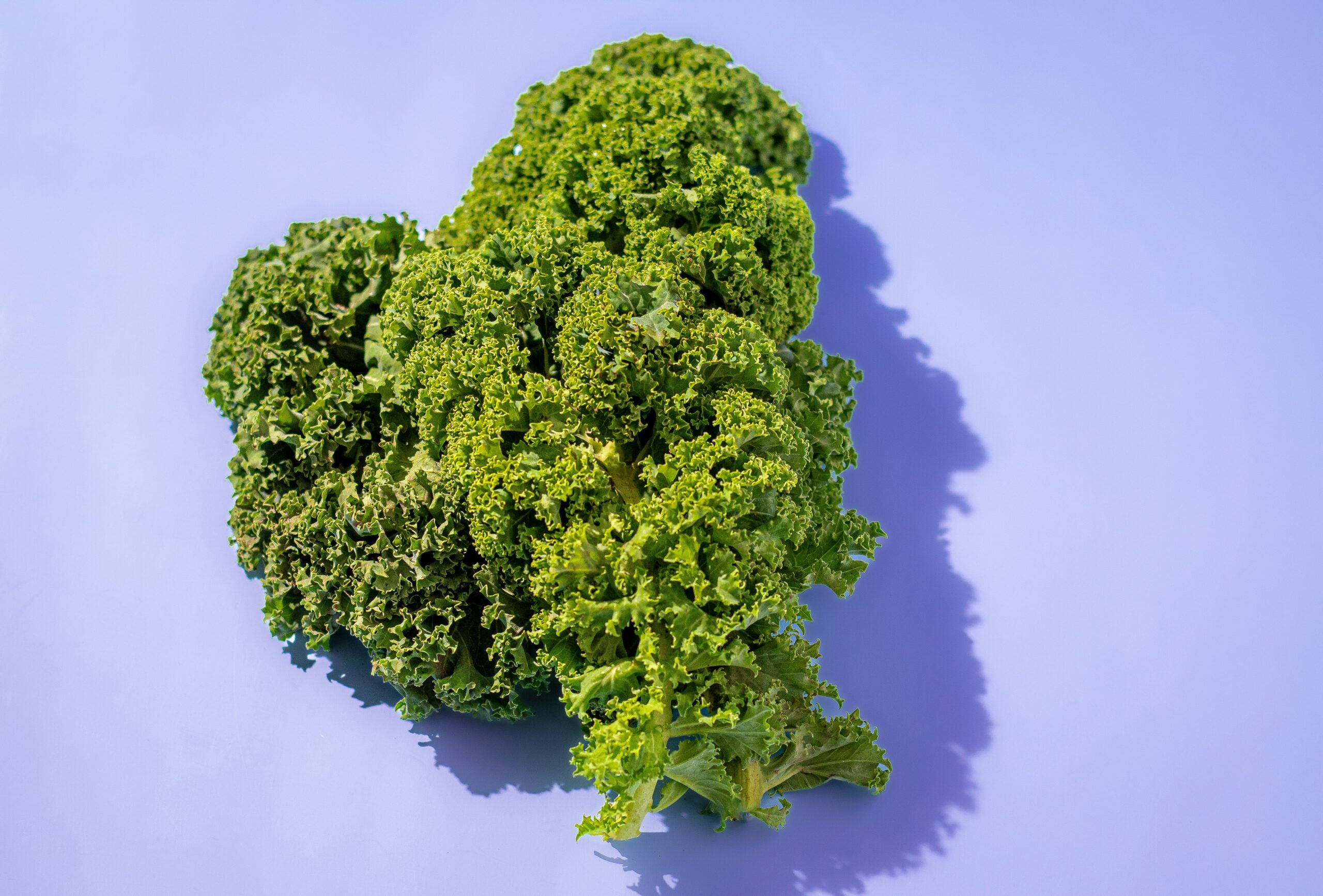
The other protective effect of kale is that it is good for the brain. Many studies reveal that a diet rich in green-leafed vegetables slows brain aging. This is thanks to the fact that they contain a high amount of antioxidants and other components, which allow the brain to work longer.
Furthermore, a few studies state that kale seed extracts might also be used to treat different neurological diseases. To date, scientists are still on the lookout for medicines to cure this type of illness, such as Alzheimer's disease![]() and Parkinson's disease
and Parkinson's disease![]() . The ingredients which can be found in the leaves that protect the nervous system. That's one more reason why you should consume kale.
. The ingredients which can be found in the leaves that protect the nervous system. That's one more reason why you should consume kale.
Another advantage of kale is related to the impact on healthy bones. According to the study, long-term consumption of this vegetable increases patient bone mass stabilization. He noted that the study was conducted among post-menopausal women![]() , who most need such an effect, explaining that kale is rich in the valuable substances vital for bones. On the other hand, stabilized bone mass protects a person from injuries, and many people do not like the idea of dealing with fractured bones. In other words, eat kale if you want to eat healthy food to keep your bones strong and stable.
, who most need such an effect, explaining that kale is rich in the valuable substances vital for bones. On the other hand, stabilized bone mass protects a person from injuries, and many people do not like the idea of dealing with fractured bones. In other words, eat kale if you want to eat healthy food to keep your bones strong and stable.
The indicated health properties allow women to have a balanced diet, and a healthy diet does not involve consuming chemical elements. Due to the presence of many bioavailable substances in kale, people may address them. It is a low-calorie vegetable, and 100 g contains about 40 kcal![]() . Moreover, when it is raw, people may get a water dose and avoid the dehydration of their organisms. It is fantastic to use nature to remain healthy. With kale, consuming the ingredients necessary for our organisms is possible as they are like fuel.
. Moreover, when it is raw, people may get a water dose and avoid the dehydration of their organisms. It is fantastic to use nature to remain healthy. With kale, consuming the ingredients necessary for our organisms is possible as they are like fuel.
Kale contains carbohydrates in an amount that there is no need to worry about. Moreover, vegetables are a source of healthy carbohydrates and contain more protein than other cabbages. Green kale leaves also have a large amount of dietary fiber and a small amount of fat. The macronutrient content in kale is very favorable.
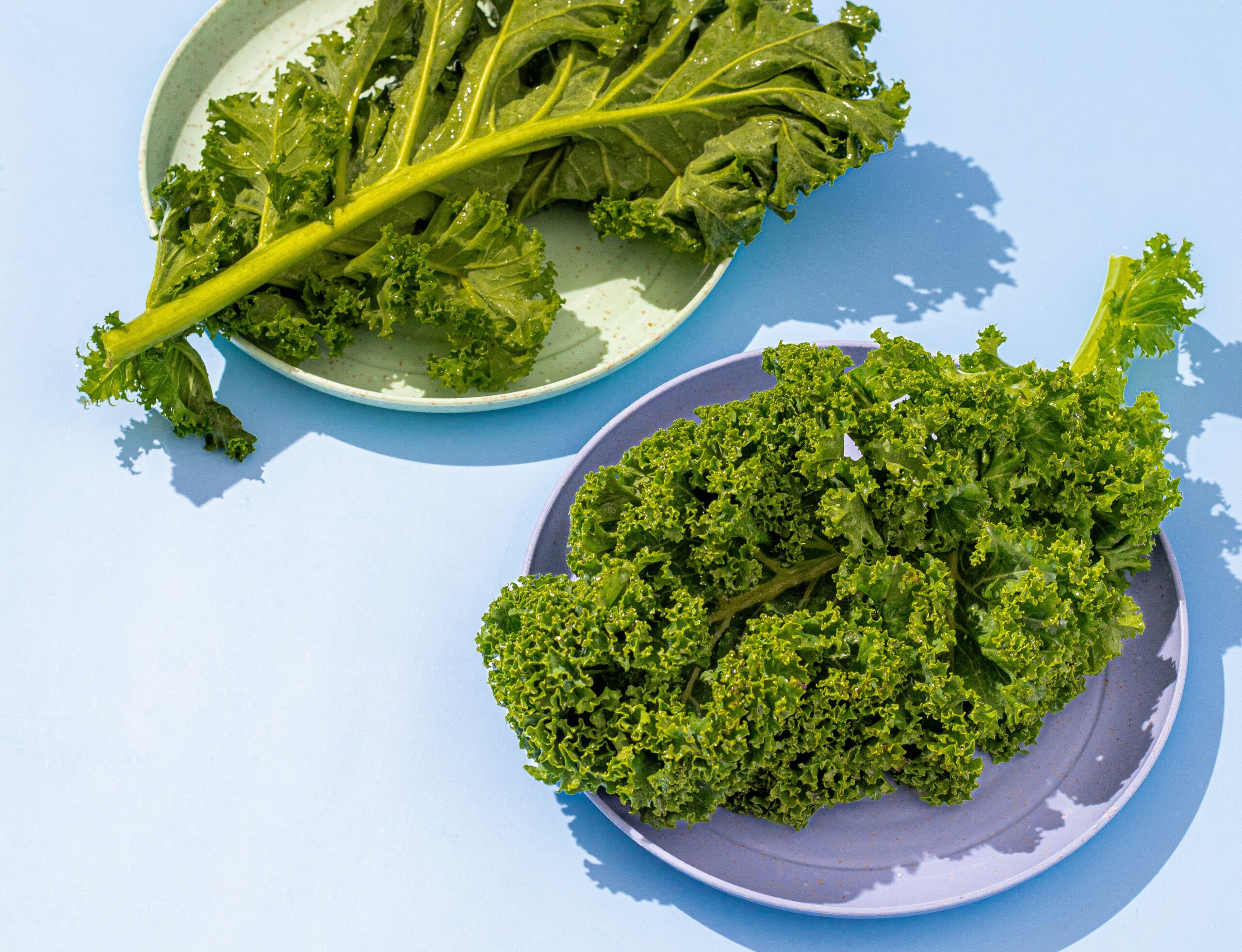
Talking about kale, the first mentioned are unsurprisingly vitamins and minerals, which kale provides by a large portion. It mainly consists of leaves, which account for the high levels of vitamin C present in it, thus serving as a natural antioxidant. Moreover, kale should be noted for its B vitamins. Vitamins A and K are also in great amounts, which is why this product is so valuable. Finally, it provides vitamin E.
Among minerals, the first that comes out is calcium![]() ; that is why it is so good for bones. The mineral is enough to cover up the daily recommended intake by far. Besides large amounts of calcium, it also provides iron and magnesium. Moderate amounts of potassium, phosphorus, and zinc may also be found there.
; that is why it is so good for bones. The mineral is enough to cover up the daily recommended intake by far. Besides large amounts of calcium, it also provides iron and magnesium. Moderate amounts of potassium, phosphorus, and zinc may also be found there.
Bioactive components in kale are highly valuable substances. They are mainly represented by health-promoting phytochemicals, such as polyphenols and carotenoids—all of these vital components are non-cyclic substances used in the treatment and prophylaxis of many diseases. Kale leaves also contain valuable carotenes, natural pigments, and other important functions. Finally, kale provides our body with fatty acids![]() crucial for a healthy body.
crucial for a healthy body.
Certainly, you will find kale an incredibly healthy and amazing vegetable, as you have learned many health properties it adds to us. We have to add these leafy greens to our everyday menu, which we will note shortly. Are there any people who cannot enjoy kale's health benefits? Are there any other unpleasant or unhealthy effects of the vegetable? Let's find out so you can make your safe decision about choosing products to add to your healthy menu.
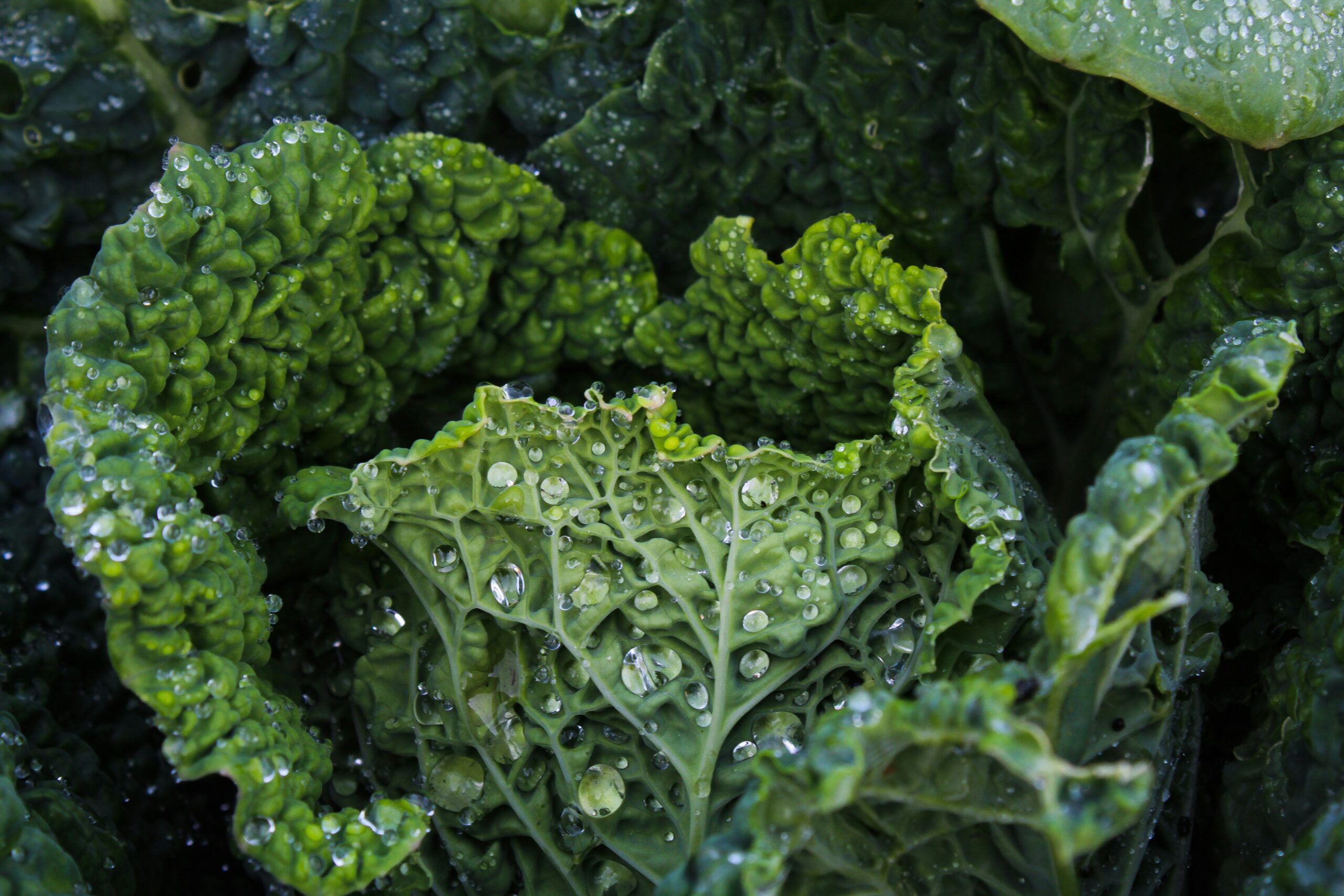
Here, we need to observe some of the side effects that kale can trigger. Some nutritionists warn that brassica vegetables, including kale, may cause bloating. On the one hand, these leafy greens are considered healthy for your digestive system. Still, on the other hand, some people with gastrointestinal diseases should consider whether kale will be harmful too.
Moreover, due to such a high vitamin K content, this vegetable imposes a ban on the use of kale for certain categories of patients. People who take anticoagulant drugs will not be able to provide kale with all the beneficial properties as this vegetable will affect the drug.
Also, regarding kidney stones, you should consider vegetables such as kale. This plant, in turn, belongs to the greens that contain oxalates, which is why the course of the disease will only accelerate. Therefore, such patients should also reduce their consumption of food products in this category.
Despite its useful properties, kale is a cabbage plant. Therefore, eating it in small portions is also recommended. First, it is recommended because of allergies. A vegetable can cause this condition. However, it is not included in an aggressive list of plants likely to cause an allergic reaction. The second point is increased gas generation. Statements about kale can be made only by a specialist.